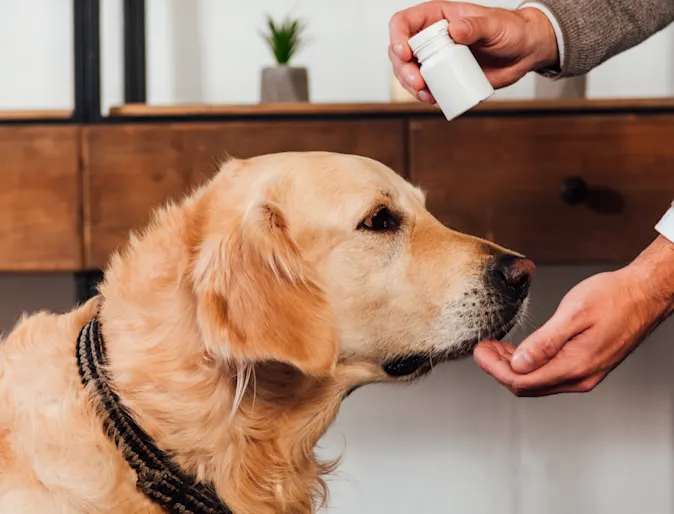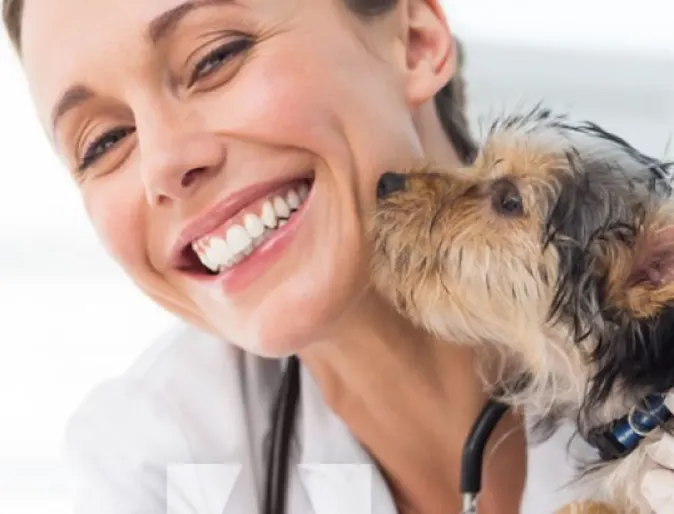Bush Veterinary Neurology Service (BVNS)

For Clients

Request An Appointment

Request A Refill

Patient Update
For Veterinarians
Client Reviews & Testimonials
To be honest 5 stars isn't enough to show how amazing the people at BVNS are. If I could give them 100, I would. I unfortunately have had to visit this place 4 times for a slipped disc, 2 ruptured discs and now another time for an infection. There is no one on this planet better than Dr. Trub to give you an honest diagnostic and lead you in the right direction. I will never take my dog (Chad) anywhere else. They are miracle workers!
Brandon H.
The staff and Dr Higginbotham were absolutely wonderful. Everything was explained in detail about what our Krissy was experiencing, possible causes, diagnostic MRI, and even the cost. When the results were available, Dr Higginbotham spent a good amount of time explaining her problem and treatments available. I definitely recommend them for your pets in need.
Judy W.
We had the best experience at BVNS in Rockville. The entire staff was amazing! What was a long and stressful day with our sick cat, was made much easier by the doctors at Bush. They continue to follow up even after the visit and I truly feel like they care! I highly recommend this location because they make you feel like family and truly love your pets!
Michael R.



